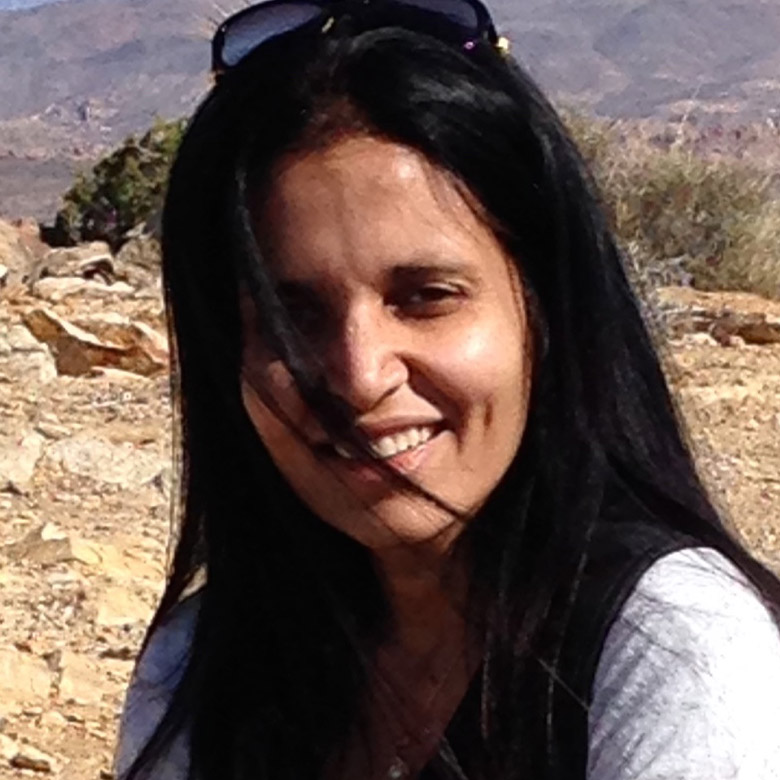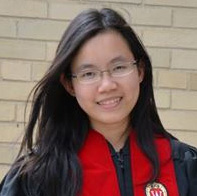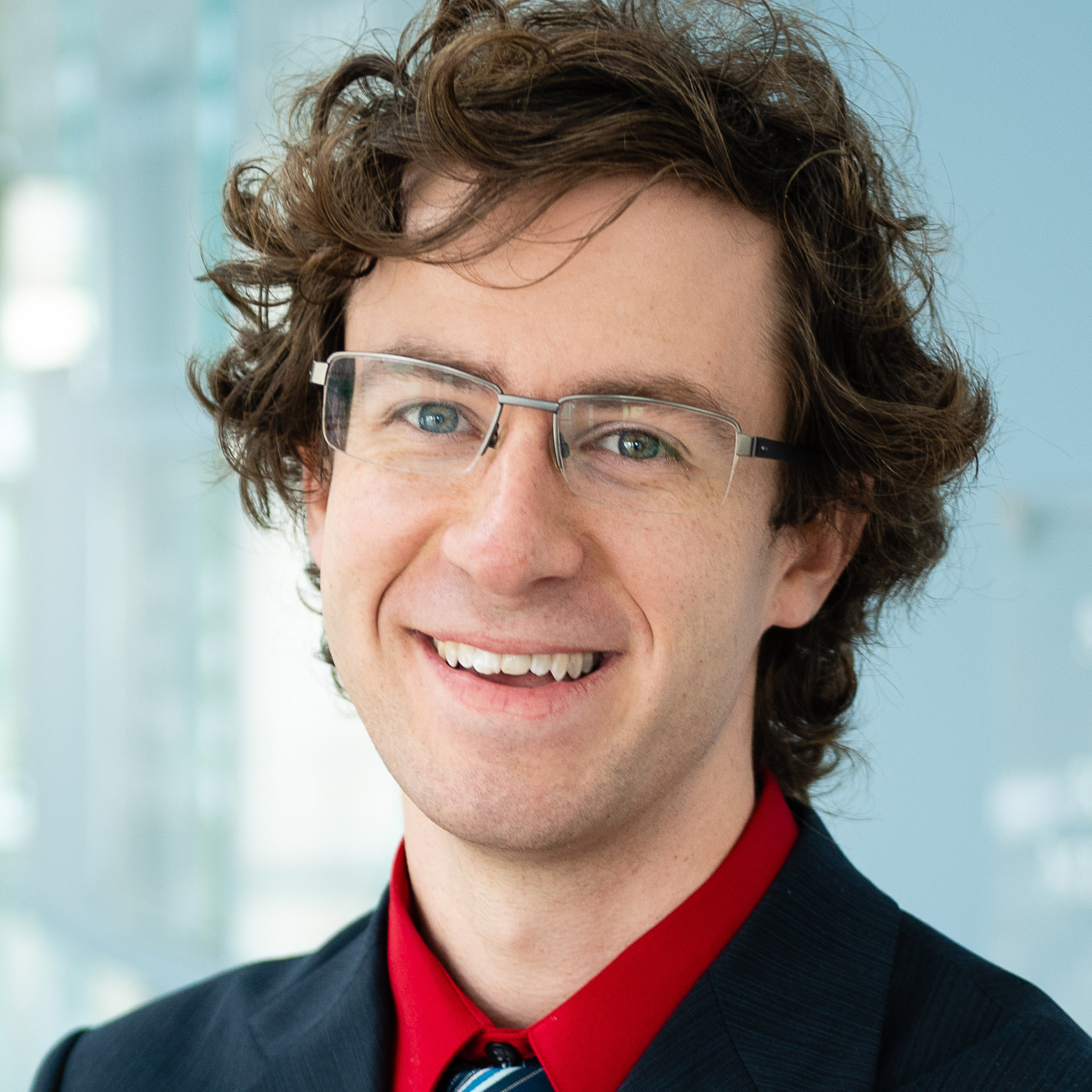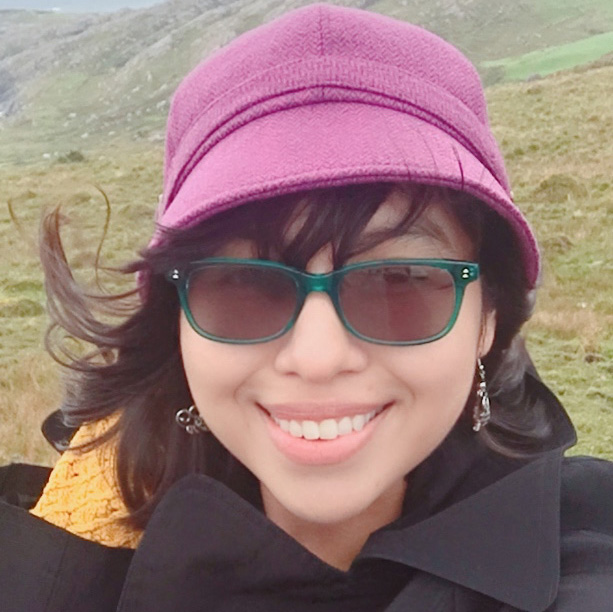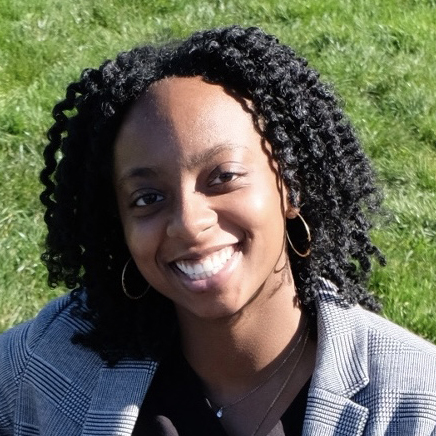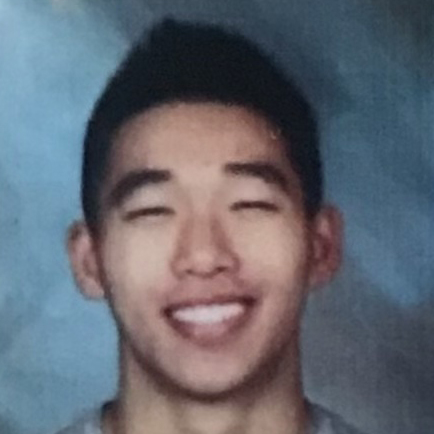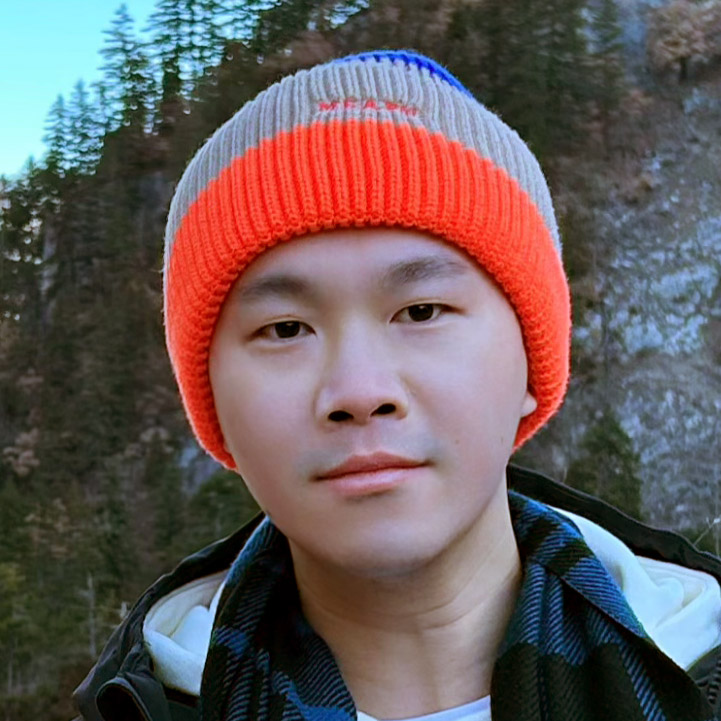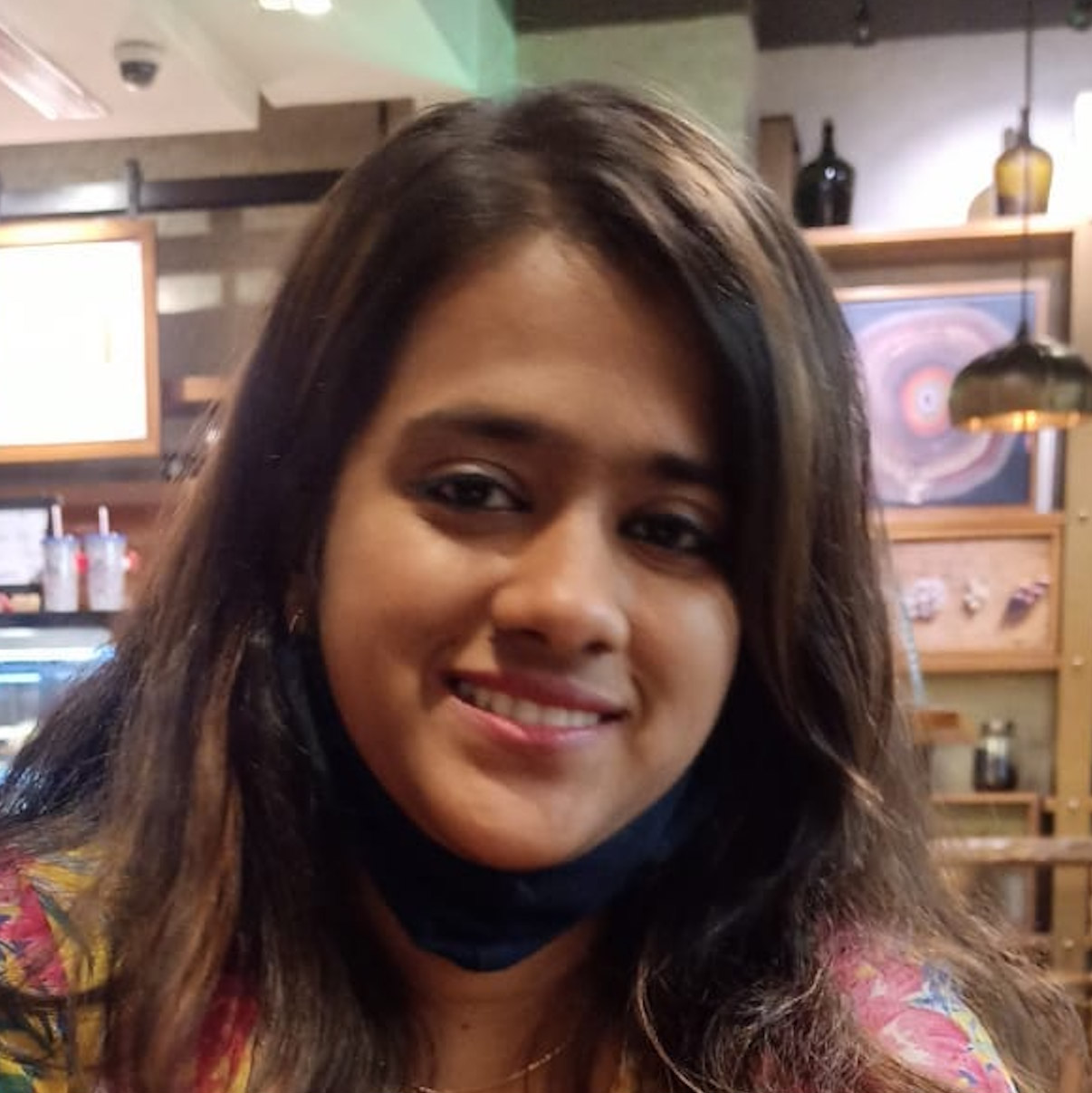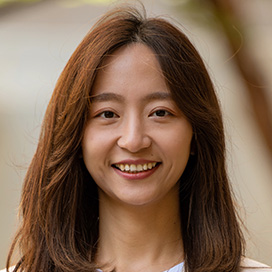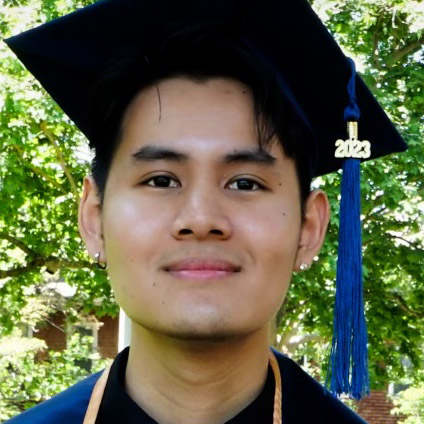People
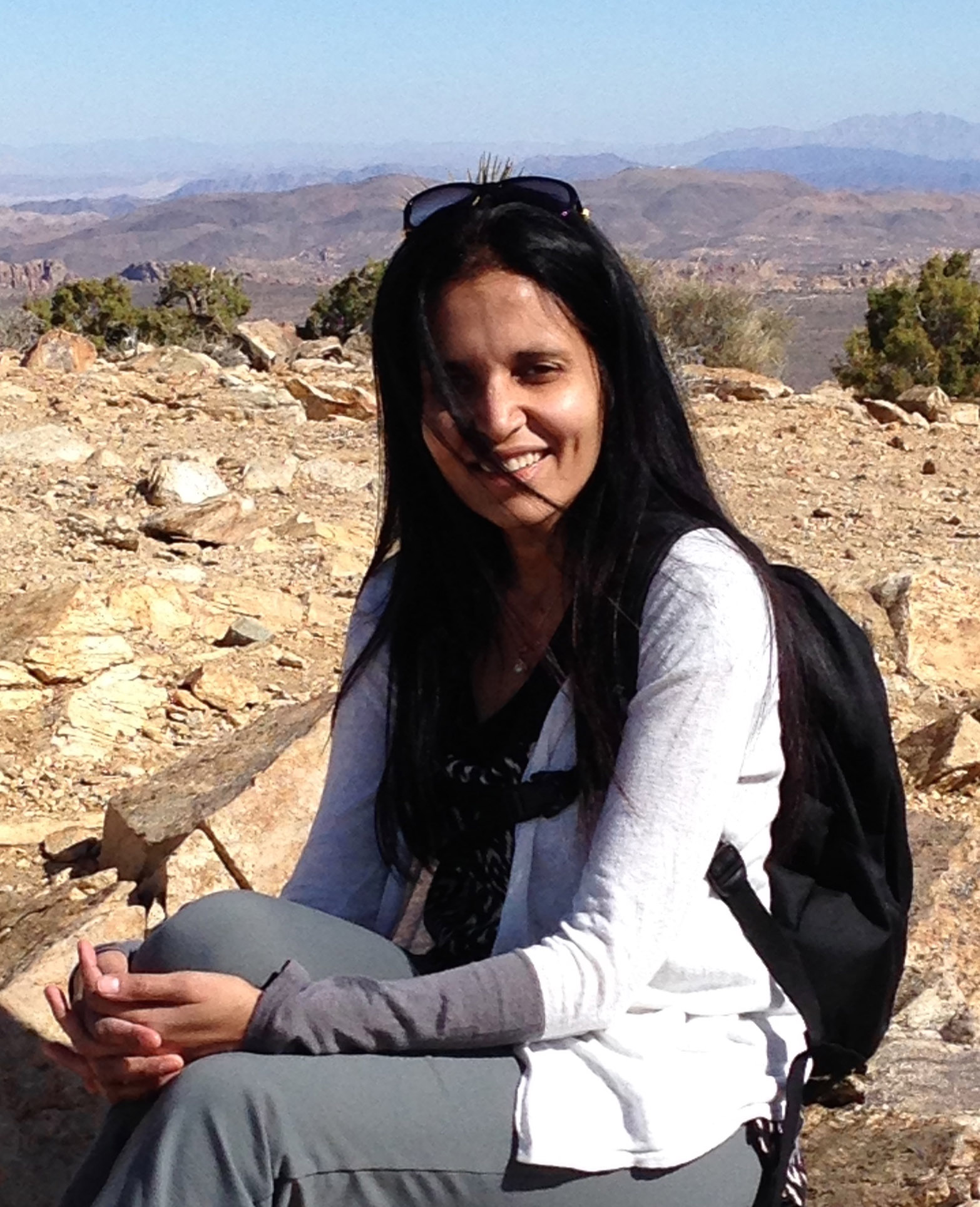
Aparna Lakkaraju, PhD
Professor,
Edward and Estelle Alexander Endowed Chair for Vision Research
About:
Dr. Lakkaraju received her PhD at the University of Minnesota, Minneapolis, and completed her post-doctoral training at Cornell University’s Weill Medical College in New York City. She established her independent research program in the Department of Ophthalmology & Visual Sciences at the University of Wisconsin-Madison in 2010. Dr. Lakkaraju was recruited to UCSF in 2018, where she is now Professor and the Edward and Estelle Endowed Chair for vision research in the Department of Ophthalmology. She has a joint appointment in the Department of Anatomy, and is an active member of UCSF’s Tetrad, Pharmaceutical Sciences and Pharmacogenomics (PSPG), and Biomedical Sciences (BMS) Graduate Programs.
Dr. Lakkaraju directs the Postdoctoral Training Program in the Department of Ophthalmology and chairs the Diversity, Equity and Inclusion Committee of the PSPG graduate program. Dr. Lakkaraju also serves as the co-chair of ARVO’s Women’s Leadership Development Program.
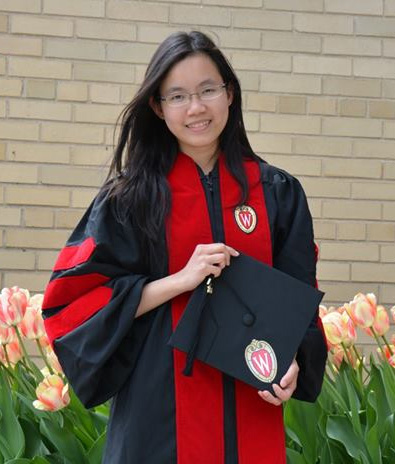
Li Xuan Tan, PhD
Postdoctoral Associate
About me:
I grew up in Penang, Malaysia and had the opportunity to pursue my undergraduate studies at the University of Wisconsin-Madison with a scholarship from the Public Service Department of Malaysia. Following completion of my undergraduate studies, I joined the Lakkaraju Lab as a graduate student studying organelle trafficking in the retinal pigment epithelium (RPE). I received my PhD in 2018 and continued my work in the Lakkaraju Lab here at UCSF. I am now studying the crosstalk between the autophagic and phagocytic pathways in the RPE.
Other interests:
Eating, making desserts (cheesecake, cream puffs etc), traveling to new places to eat things I’ve never tried before (that is not raw meat and not spicy).
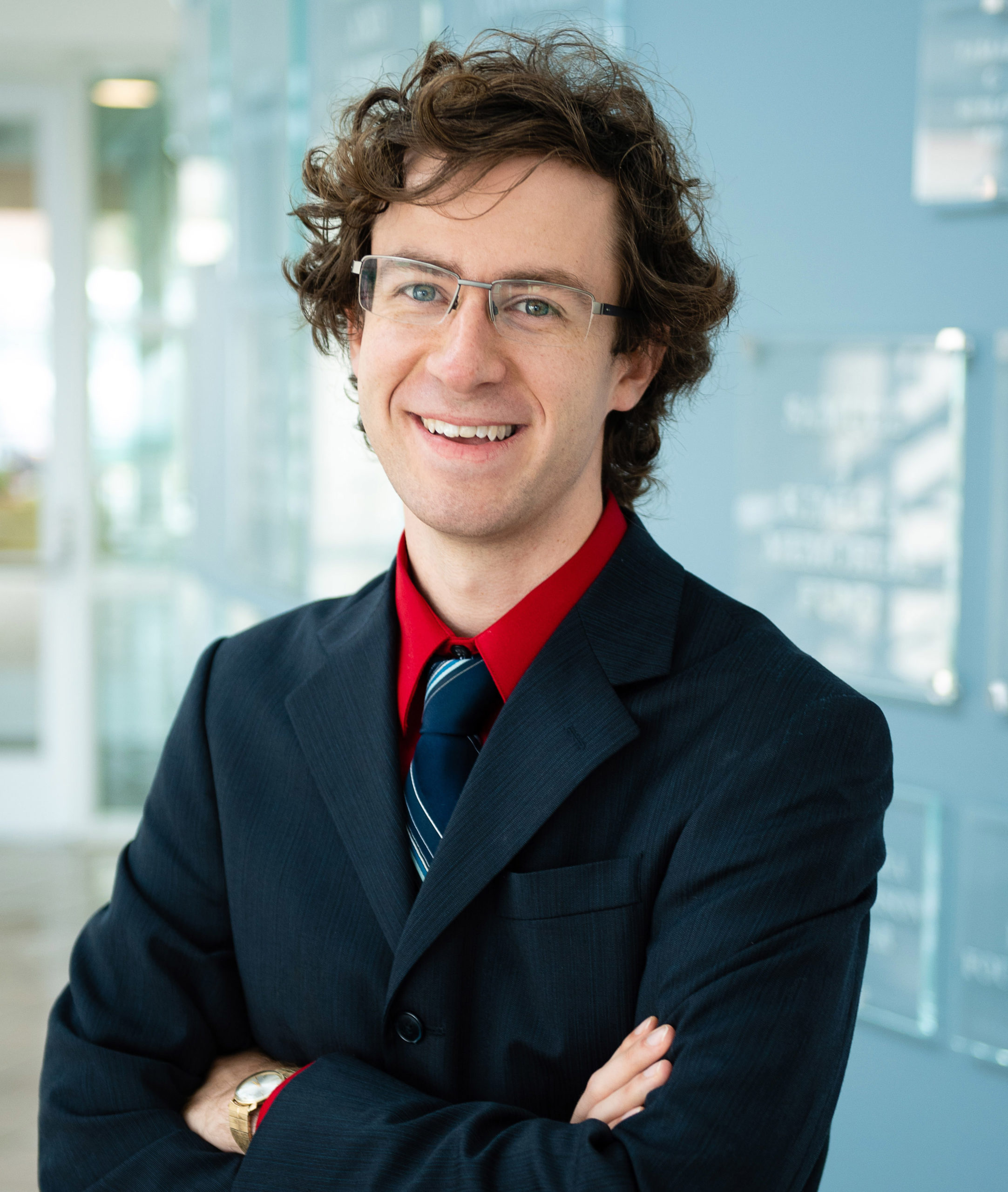
Colin Germer
Graduate Student
About me:
I’m a 3rd year graduate student in the Pharmaceutical Sciences and Pharmacogenomics program. I came to UCSF from Wisconsin and earned my undergraduate degree from UW-Madison. My current project involves understanding the role lipids play in the activation of mechanosensitive ion channels within the RPE.
DEI/Outreach:
I participate in graduate student recruitment for PSPG and am currently a member of the outreach arm of the PSPG DEI committee. I’ve hosted a number of high school and undergraduate students as mentees as well as volunteered for a number of science outreach events, including UCSF’s Science Education Partnership. I’m always looking for more mentees!
Interests:
Outside of lab work, I love cooking and biking.
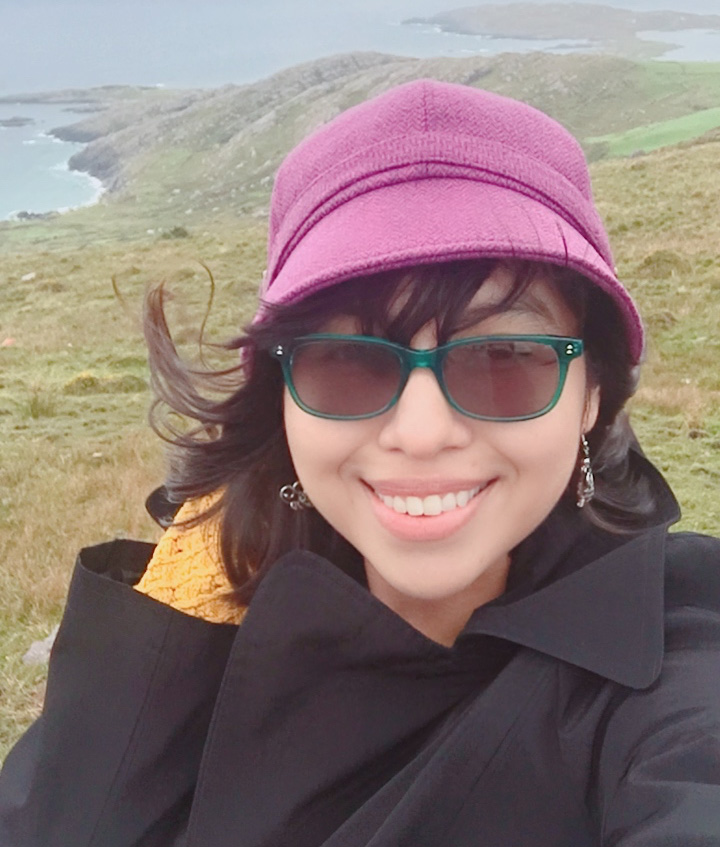
Nilsa La Cunza
Graduate Student
About me:
I was born in Perú and raised in New Jersey. I studied Biomedical Engineering at the New Jersey Institute of Technology. During my undergraduate education, I became involved in research through summer internships at external universities including Rutgers University in NJ and Yale University. After graduating, I was awarded an NIH-funded post-baccalaureate fellowship at the University of Michigan – Ann Arbor, where my research centered on characterizing the role of the Notch signaling ligands in regulating epithelial cell homeostasis in the murine stomach. I joined the Lakkaraju lab in August 2015 and have been studying the role of the cholesterol transporter Apolipoprotein E (ApoE), whose isoforms modulate the risk of age-related macular degeneration, in the retinal pigment epithelium (RPE). My results have prompted me to ask how organelle transport is regulated in the RPE.
DEI/Outreach:
I participate in PSPG recruitment events, and I am a member of the Transparency & Accountability taskforce of PSPG’s DEI committee. I volunteer for the Bay Area Science Festival and UCSF’s Science Education Partnership.
Other interests:
I enjoy being a plant mom, working out, and hiking. On the weekends, I like to bake and make beaded jewelry.
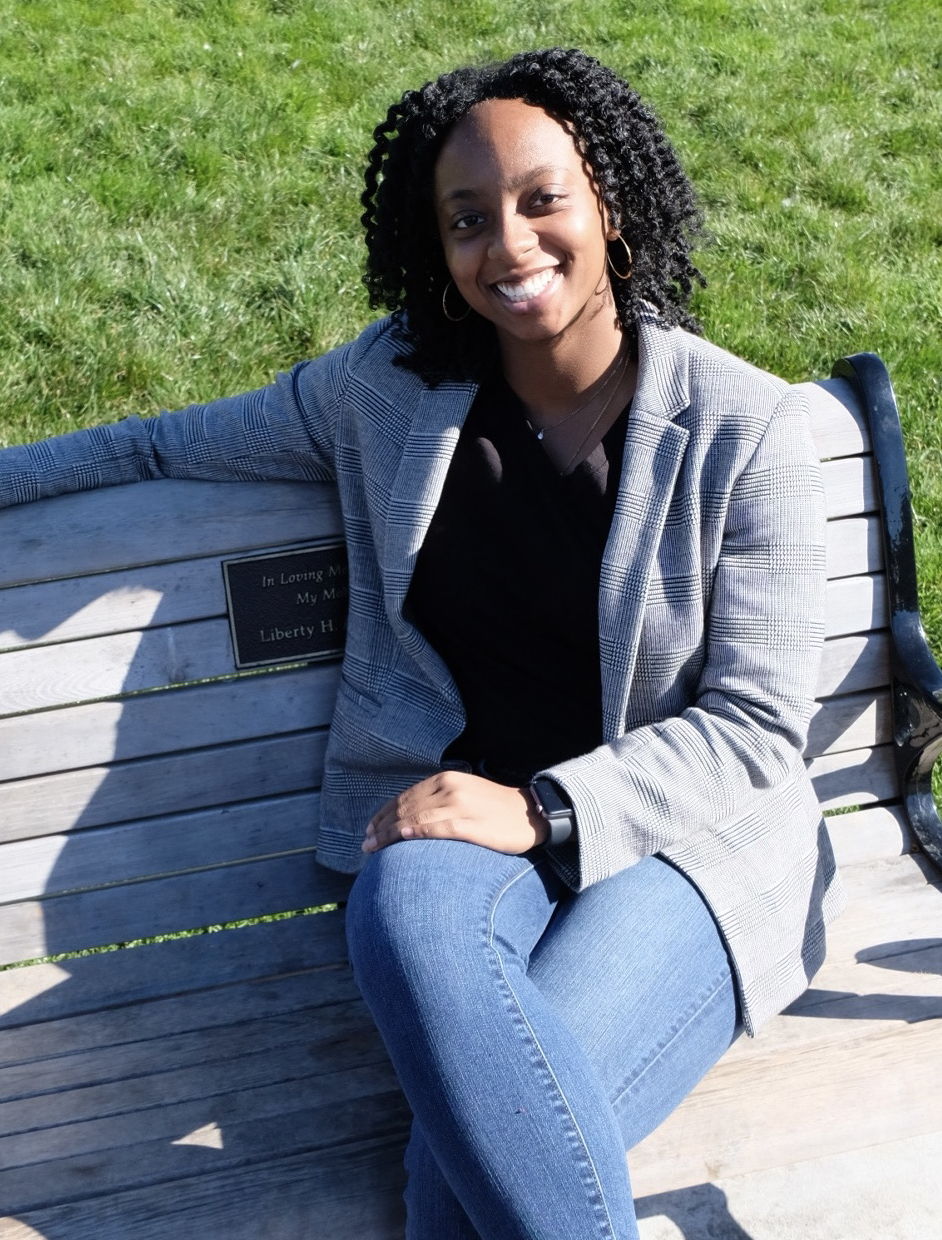
Sydney Williams
Graduate Student
About me:
I am hailing all the way from Charlotte, North Carolina and went to school at Hampton University in Virginia to study biology on the pre-med track. During my undergraduate career, I took up several research projects both on campus and during the summers at University of California at Irvine’s Principles of Biophotonics and Biomedical Engineering (PBBE) program. My research spanned microbiology, cell biology, and toxicology topics in basic science as well as public health and cancer studies. I joined the Lakkaraju lab in June 2022 with the intentions of coupling computational techniques with experimental approaches to explore more causal mechanisms of AMD in the RPE, along with drug repurposing to treat AMD.
DEI/Outreach:
I am an officer for Black Excellence in STEM (BE-STEM) and have recently joined the DEI committee for the PSPG graduate program. In my first year, I have mentored Black and brown high school and undergraduate students of UCSF’s SRTP and BAYS programs and aspire to create/promote programs that broadcast STEM education and innovation to the next generation of scientists!
Other interests:
music, sports, working out, eating, watching sunsets, trying new things/adventures
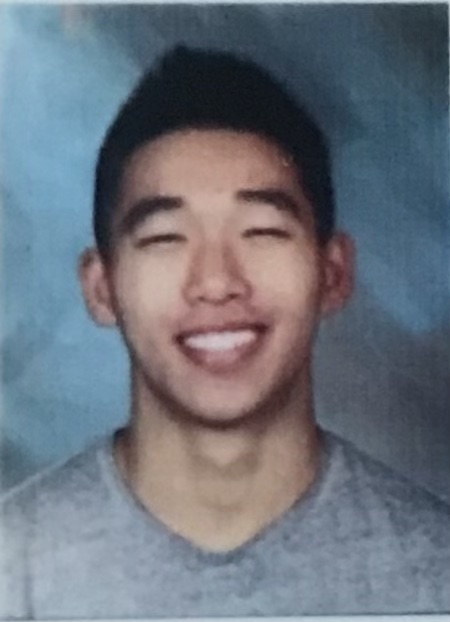
Connor Tseng
Undergraduate Student
About me:
I was born and raised in Fullerton, California. I’m a 3rd year undergraduate student at UC Berkeley majoring in Molecular Environmental Biology and minoring in Biological Engineering. Previously, I studied the role of the RPE for myopia in the Wildsoet Lab at the Berkeley School of Optometry. I joined the Lakkaraju Lab in Fall of 2022 because I’m interested in expanding my horizons in research and wanted to gain hands-on experience with lab techniques and drug therapies. After graduating, I hope to attend medical school and pursue a career in ophthalmology.
Other interests:
music, sports, cooking, and gaming
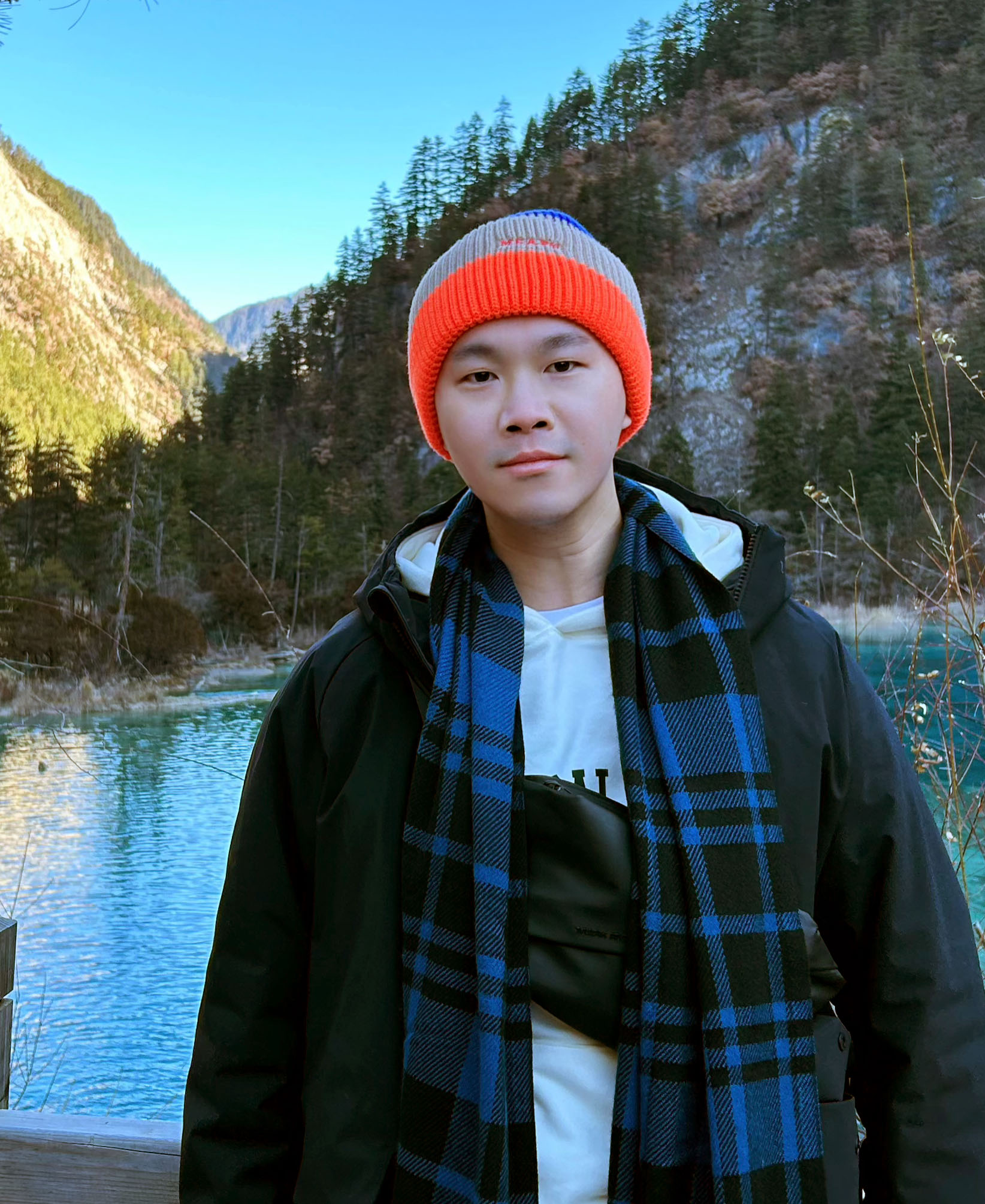
An Cheng, PhD
Postdoctoral Associate
About me:
Dr. An Cheng was born in 1995 in Chongqing, China. He received his Ph.D. in 2022 from Tohoku University, Japan. During his Ph.D. study, he was funded by The Uehara Memorial Foundation. During 2022/4-2022/11, he served at the Department of CNS drug innovation at Tohoku University as an assistant professor. His research interests are at the interface of neurodegeneration, pathology, pharmacology as well as translational medicine. In his previous work, he found the fatty acid-binding proteins (FABPs) which are essential in fatty acids transporting connect closely with neuroinflammation, demyelination, mitochondria injury, and dopamine neuron loss. The inhibition of FABPs may provide new ideas for future new drug development. In 2022, he was awarded by Tohoku University president`s award. In 2021, he was awarded by Tohoku University Professor Fujino Incentive Award. He is now working in the Lakkaraju Lab at UCSF and mainly focusing on the underlying mechanism of age-related macular degeneration.
Personal Homepage: https://an-cheng-neurophar.mysxl.cn/
Google Scholar: https://scholar.google.com/citations?user=mZkU4V8AAAAJ&hl=zh-CN
Scopus: https://www.scopus.com/authid/detail.uri?authorId=57204910930
Awards:
Tohoku University President’s Award (2022); Tohoku University Professor Fujino Incentive Award (2021); The Uehara Memorial Foundation Fellowship (2020-2021); The Best Poster Award in International Graduate Student Conference in Pharmaceutical Sciences (Soochow University, online) (November 27, 2021); Outstanding Poster Presentation Awards in The 47th Annual Meeting of the Japan Brain Science Society (2020.11.21-22).
Other interests:
travel, anime, play station and work out.

Valencia Fernandes, PhD
Postdoctoral Associate
About me:
I grew up in India and completed my Ph.D. from National Institute of Pharmaceutical Education and Research (NIPER)-Hyderabad, Telangana, India. My PhD research focused on understanding the underlying epigenetic mechanisms responsible for diabetes-induced cognitive dysfunctions. Epigenetic changes are inaudible signatures of several pathological processes in the brain. Aberrant changes in DNA methylation were studied and DNMT-dependent decrease in the chaperones and synaptic vesicles were observed. Controlling these aberrations, normalized the methylation-mediated changes in proteostasis and synaptic fidelity within the hippocampus of diabetic mice brain, studied using versatile techniques including neuron tracing and reconstruction software – Neurolucida and confocal laser scanning microscopy.
I have been working as a postdoctoral scholar with Dr. Lakkaraju since March 2023, and my project focuses on understanding the molecular mechanisms in retinal pigment epithelium (RPE) degeneration using super resolution spinning disc imaging microscopy and other molecular techniques.
Google Scholar: https://scholar.google.co.in/citations?user=kS_rIIAAAAJ&hl=en
Research Gate: https://www.researchgate.net/profile/Valencia-Fernandes
PubMed: https://www.ncbi.nlm.nih.gov/myncbi/valencia.fernandes.1/bibliography/public/
Awards:
ISN Travel Grant from the International Society of Neurochemistry (ISN) – Asia Pacific Society of Neuroscience (APSN), Honolulu, Hawaii (2022);
Best Oral Presentation Award in Young Scientist Colloquium – Federation of Indian Physiological Societies (FIPS) (2022);
CTEP Travel Grant awarded by the Department of Biotechnology (DBT), Government of India (2022);
International Brain Research Organization (IBRO) Travel Award 2019 – IBRO-APRC Associate School on Blood-Brain-Barrier: From Basic Physiology to Neurological Disorders (2019);
IBRO Travel Award 2017 – IBRO-APRC Associate School of Computational approaches in Neuroprotection and Neurorehabilitation (2017).
Other interests:
Music, eating, baking desserts, travelling.
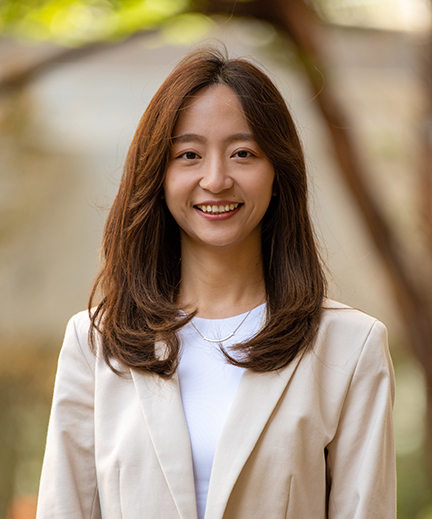
Yao Tong, PhD
Postdoctoral Associate
About me:
I grew up in Anhui, China, and completed my MD degree at Wannan Medical College. After that, I pursued a master’s program in Ophthalmology at Shanghai Jiaotong University. During this time, I also spent a year at the University of Florida, where I initiated my research journey. Following the completion of my master’s degree, I made the decision to advance my career beyond the laboratory setting. Consequently, I enrolled at Tulane University and successfully obtained my PhD degree in August 2023.
In September 2023, I became a member of the Lakkaraju lab, and I am enthusiastic about continuing my research in RPE cells. My primary goal is to gain a more profound understanding of cellular and organelle communication and to discover strategies for preventing vision loss and blindness.
Other interests:
Listening to good music, exploring restaurants and bubble tea places, watching Korean dramas, traveling, trying new things and playing with my two cute cats!
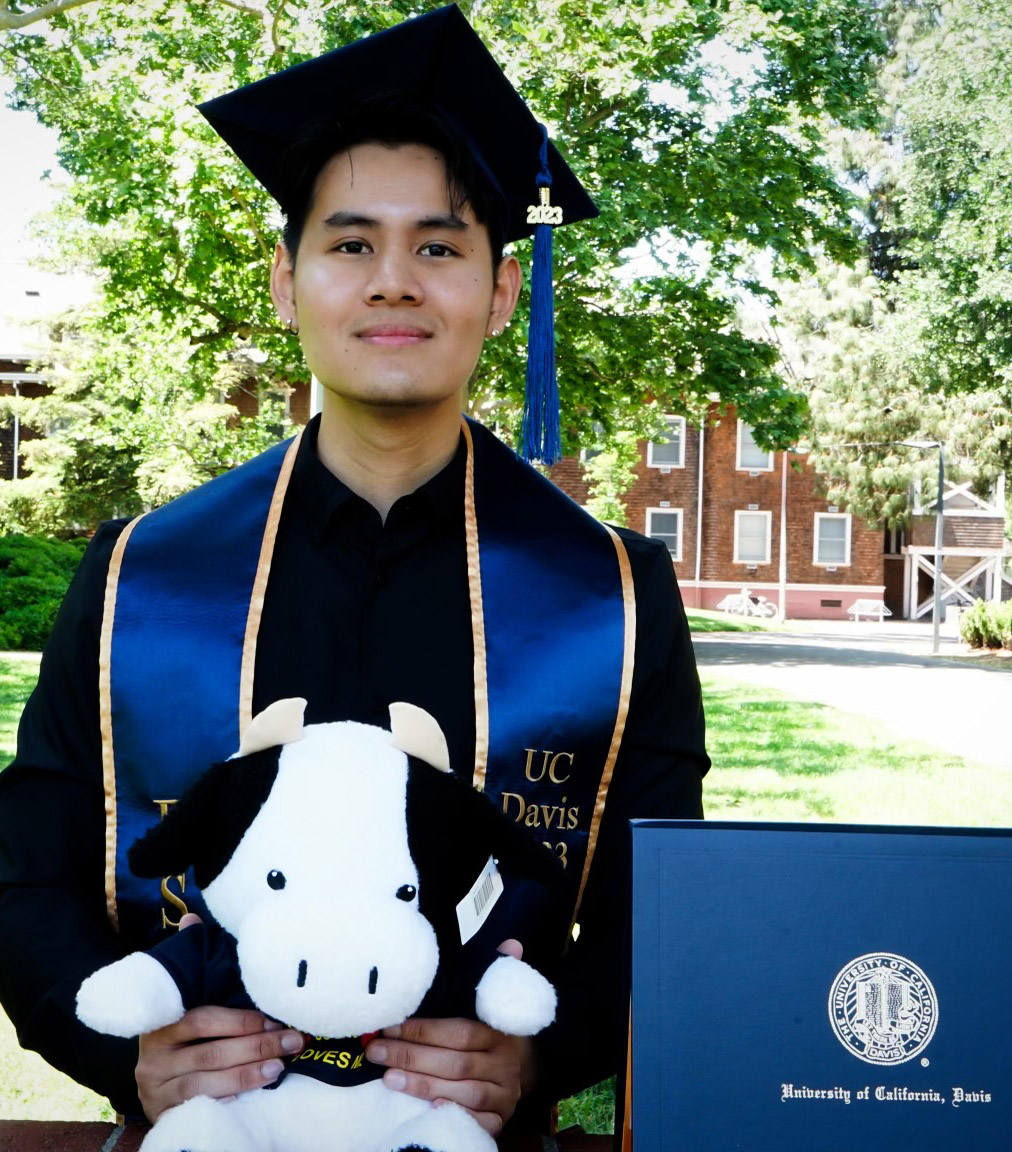
Barry Nguyen
Junior Specialist
About me:
I was born and raised in Marin County and earned my BS in Biochemistry and Molecular Biology from the University of California, Davis. During my undergraduate studies, I was a part of the MARC Research Program funded by the National Institute of Health. During my time as a MARC Scholar, I began my research career studying age-related alterations in structural and molecular attributes of the synapse and how it can lead to cognitive decline and to diseases like Alzheimer’s Disease. Near the end of my time in the lab, I developed an interest in Microglial inflammation and the subsequent consequences of a chronic neuroinflammatory environment. This then led me to join the Lakkaraju Laboratory after my undergraduate education to investigate the effects of an inflammatory environment in the Retinal Pigment Epithelium in Age Related Macular Degeneration.
Other interests:
Working out, reading, hiking
Lab Alumni
- Renuka Chaphalkar, Postdoctoral Associate
- Tania Mancilla Aceves, PROPEL scholar 2021-2022
- Thushara Thamban, Postdoctoral Associate 2019-2022. Current position: science writer, India
- Girijha Rathnasamy, Turtle Tree Labs, Singapore
- Gulpreeet Kaur, Graduate Student, Cell and Molecular Biology Graduate Program. Current position: Imaging Specialist, Olympus.
- Kimberly Toops, Postdoctoral Associate 2011-2016. Current position: Account Manager, Zeiss Microscopy.
- Sara Amirahmadi, Associate Research Specialist 2015-2016. Current position: Exact Biosciences
- Jin Xu, Assistant Scientist 2010-2013. Current position: Resident, Pathology program, UW-Madison
- Max Melberg, Undergraduate, Pharmacology-Toxicology 2011-2012. Current position: School of Optometry, Memphis.
- Charles Rodenkirch, Undergraduate, Biomedical Engineering 2010-2014. Current position: Graduate Student, Columbia University.

